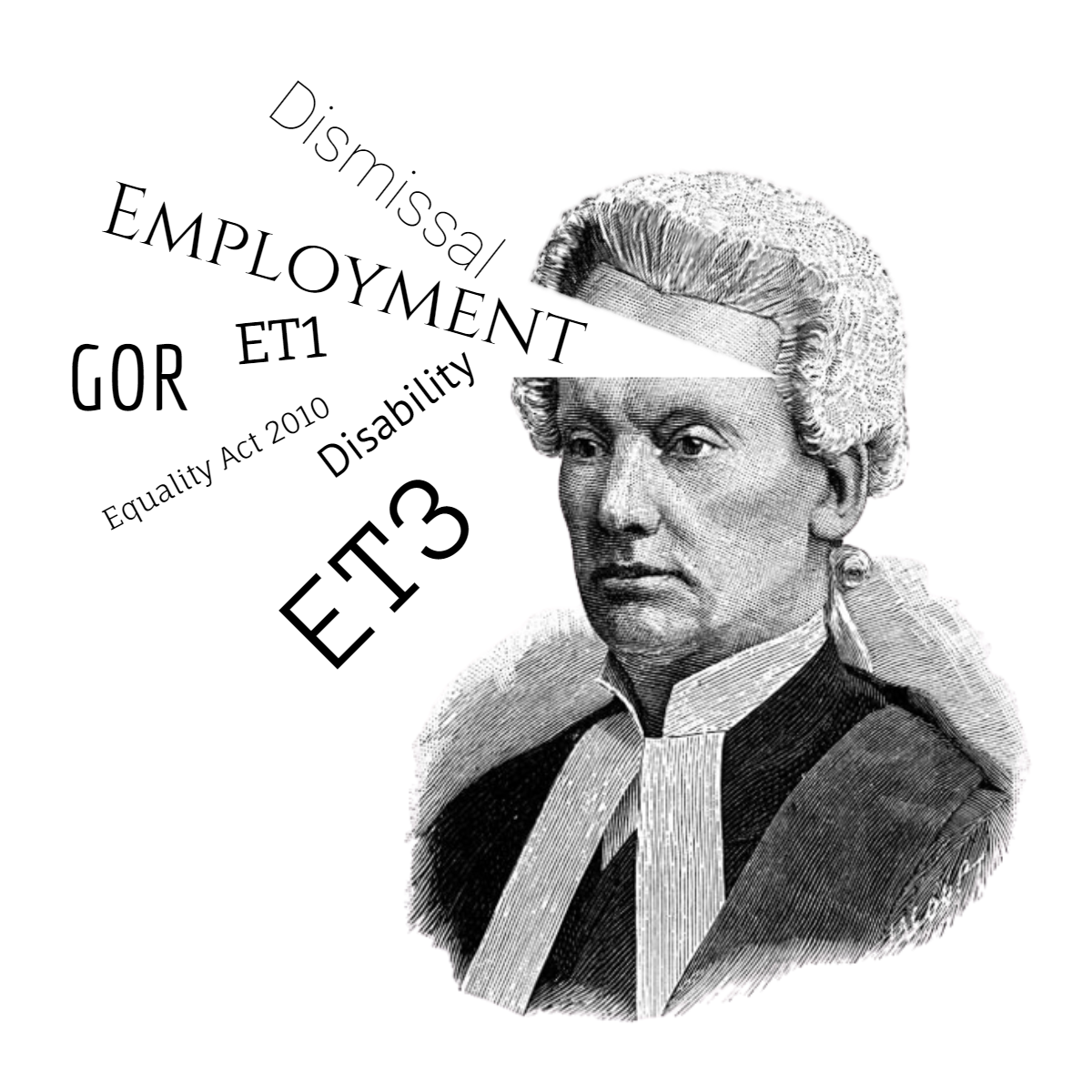Ill-Health
Dismissal
Ill-Health Dismissal
An employer who dismisses for ill-health or sickness absences may be dismissing on grounds of capability or conduct, depending on the individual circumstances. If the employer believes the employee is not genuinely ill but is using sickness as an excuse not to work, it will be a conduct dismissal and the employer should consider this and the ACAS Code.
If the employer does not doubt the employee’s ill-health, it will be a capability dismissal. It is important to note that the ACAS Code is not relevant to genuine ill-health dismissals. However, ACAS has produced useful guidance to assist employers when dealing with ill-health issues in the workplace. If an employee is facing being dismissed because they are ill both the employee and employer should male an occupational health assessment. It may the employees illness constitutes a disability and reasonable adjustments are needed.
There are two distinct forms of absence as a result of ill-health:
Long-term continuous absence due to a single medical condition
Several short-term absences, not necessarily for the same reason.
The steps the employer should take prior to dismissing an employee will depend on whether the ill-health was intermittent or continuous. However, the employer should always have regard to
the whole employment history of the individual;
the nature of the illness;
the likelihood of the illness recurring;
the need for the employer to have the employee’s work done and the impact the employee’s absence has on others.
The tribunal is not particularly concerned with what has happened in the past; the employer’s investigation should focus on what is likely to happen in the future.
In DB Schenker Rail (UK) Ltd v Doolan [2010] UKEAT/0053/09, the EAT stated the relevance of the Burchell test to ill-health dismissals, so the employer must show the following:
it had an honest belief that ill-health was the reason for dismissal;
it had reasonable grounds for its belief; and
it carried out a reasonable investigation.
Ill-Health
This area can be problematic. Essentially the question is ‘in all the circumstances can the employer be expected to wait any longer and if so how much longer?’ Fairness in all the circumstances and fair procedure will involve considering:
a) medical opinions and consulting with the employee. In most cases the employer who does not obtain medical evidence will have difficulties convincing the Tribunal that the procedure was fair;
b) the employee’s past record;
c) the likely duration of the illness e.g. if the employee is likely to be absent for months or years then (other factors aside) it is more likely that a dismissal will be fair than if the employee would be fit to return to work in a matter of weeks; and
d) the status of the employee e.g. it may, depending on other factors, be more reasonable to dismiss an absent senior employee then a junior employee whose absence is likely to be less detrimental.
Employment Coach
Employment coaching service has been developed to provide individuals the ability to overcome their own workplace conflict or employment concerns, when they do not have want to pay a retainer to hire a solicitor. I provide an affordable alternative to expensive solicitor’s fees, and I am able to walk you through the steps of any procedure as well as provide the paperwork that you will want for your workplace dispute. The fees of solicitors are high and these legal costs you incur are not recoverable because costs are rarely awarded in employment tribunal. Getting access to good advice does not have to be expensive it should be straightforward and honest and will resolve your problem, normally with compensatory settlement.
Employment Adviser
I have 20 years of experience teaching law. Additionally, I have a lot of expertise in employment law and have helped individuals as well as companies. There have been a lot of profitable results, but more than that, I have had hundreds of cases that settled because the employer was unable to win. Why not have someone teach you employment law if you are experiencing issues at work? When you are facing problems at work, I can provide you helpful suggestions and guide you to a positive result. Employment matters where I advise, seldom go to final hearing at the employment tribunal, because the case has been argued correctly from the outset. Here are some examples where I can help you:
Help offered
I am facing discrimination at work
I am facing maternity discrimination
I am facing race discrimination
I am facing disability discrimination
I want to bring a tribunal claim
How do I prepare for a Preliminary Hearing?
How to prepare a list of issues
How to prepare a schedule of loss
What is asserting a statutory right?
Claim constructive dismissal
Is my Redundancy fair



